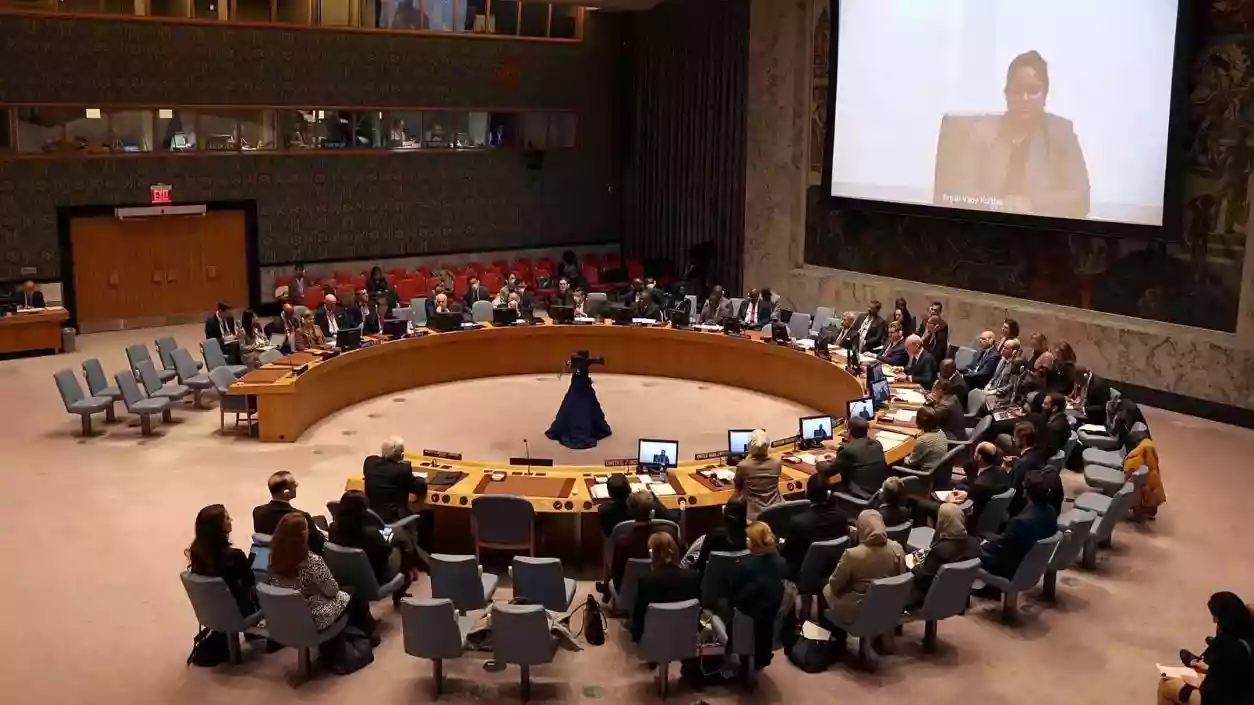Protests erupt outside Kasba Police station as 3 arrested in alleged Kolkata college gang rape
.gif)
.gif)

In a closed-door session convened at Pakistan’s request, the United Nations Security Council (UNSC) sharply questioned Islamabad over the April 22 Pahalgam terror attack that killed 25 tourists and a local pony ride operator. Multiple members of the Council brought up the suspected involvement of Lashkar-e-Taiba (LeT), a Pakistan-based UN-designated terrorist organisation, and rejected Pakistan’s assertion that the incident was a “false flag” operation orchestrated by India.
Sources confirmed that the Council broadly condemned the attack and emphasised the need for accountability. Several members highlighted that the attack specifically targeted tourists based on religious identity. While no official statement or resolution was released following the meeting, there was consensus on seeking justice for the victims and calling out support structures behind the attack. The Resistance Front, a LeT proxy, had reportedly claimed responsibility for the killings.
Pakistan, which is currently serving as one of the ten non-permanent members of the UNSC, had requested a private consultation rather than an open discussion. During the session, Pakistan’s Permanent Representative to the UN, Asim Iftikhar Ahmad, raised the Kashmir issue and alleged that India was escalating military tensions. He also referred to India’s suspension of the Indus Waters Treaty as an “act of aggression” and accused India of shifting attention from cross-border terrorism.
Council members expressed concern over Pakistan’s recent missile launches and nuclear rhetoric. Since April, Pakistan has test-fired at least two surface-to-surface missile systems, including the Abdali Weapon System and the Fatah Series. Members warned that such actions were contributing to heightened regional tensions and undermining stability in South Asia.
India, in response to the terror attack, has downgraded diplomatic ties with Pakistan, expelled Pakistani military officials, and suspended the 1960 Indus Waters Treaty. Additionally, steps have been taken to control the flow of water from the Chenab River by managing reservoir storage at Baglihar and Salal dams in Jammu and Kashmir. These measures are part of India’s broader response following its allegations of cross-border links to the Pahalgam attack.